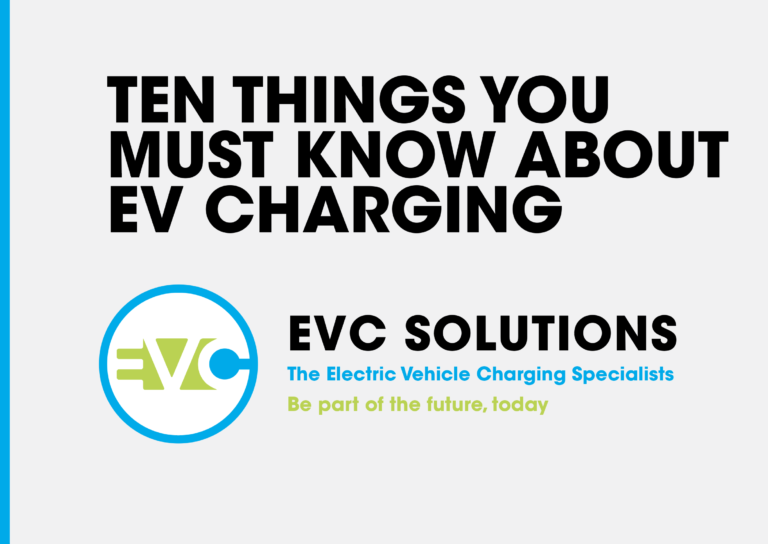
When it comes to reasons why UK drivers hesitate to embrace the electric vehicle (EVs) revolution, 'range anxiety' frequently tops the list. Range anxiety is essentially the concern that an EV battery's capacity for a long journey is too small, and the availability of public charging infrastructure is too limited.
While range anxiety is a concern, data suggests that the 'fear, uncertainty and doubt' (FUD) caused by perception may be overcome.
The average daily mileage for most households is well within the range of today's EVs. Government data reveals that 99% of car journeys are under 100 miles. Many EVs offer ranges of over 200 miles, and overnight charging, when electricity prices are sometimes lower, can alleviate any worries about typical daily use.
The growth of public charging infrastructure is also alleviating the FUD as there are now over 10,000 rapid and ultra-rapid charge points available and over 43,000 fast and slow charge points at approximately 31,000 locations which means you are never far from a charging facility.
There are of course challenges as this is still a new technology and a behaviour change. Individuals without access to off-street parking may find charging less convenient, especially when nearby public chargers are occupied. In some cities, a more extensive public charger network is still needed to address the concerns of EV owners.
During peak periods like holidays, the availability of rapid chargers on long journeys can be an issue. Efforts to increase the number of ultra-rapid chargers are underway, but issues with the electricity grid can hinder progress.
Range anxiety is not entirely due to FUD, but it is becoming less of an issue as EVs evolve and charging infrastructure expands. For most people, occasional journeys of over 200 miles should not pose a problem, however, governments and stakeholders must continue investing in charging infrastructure to ensure that range anxiety remains a rarity and not a reality for EV drivers.

Send download link to:
